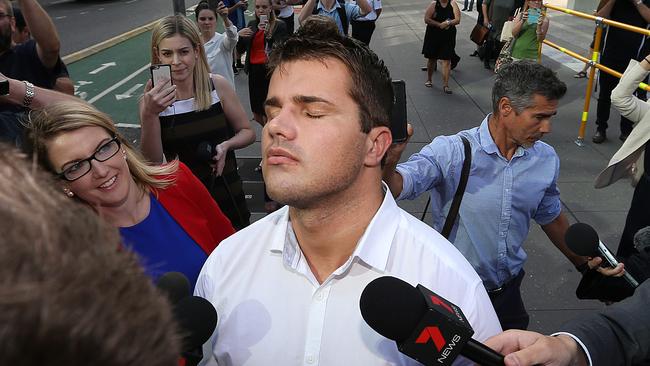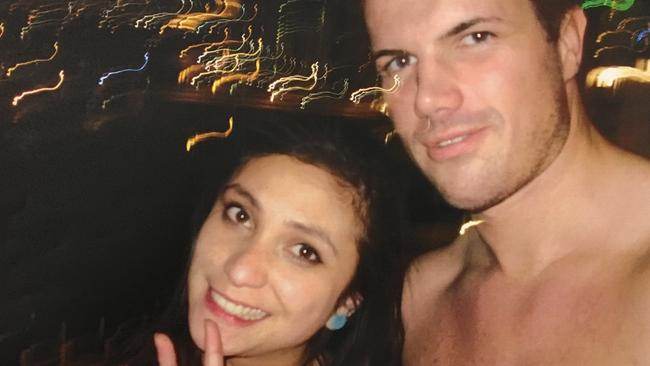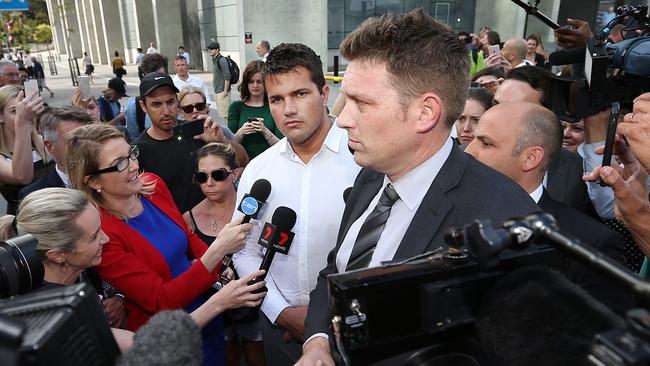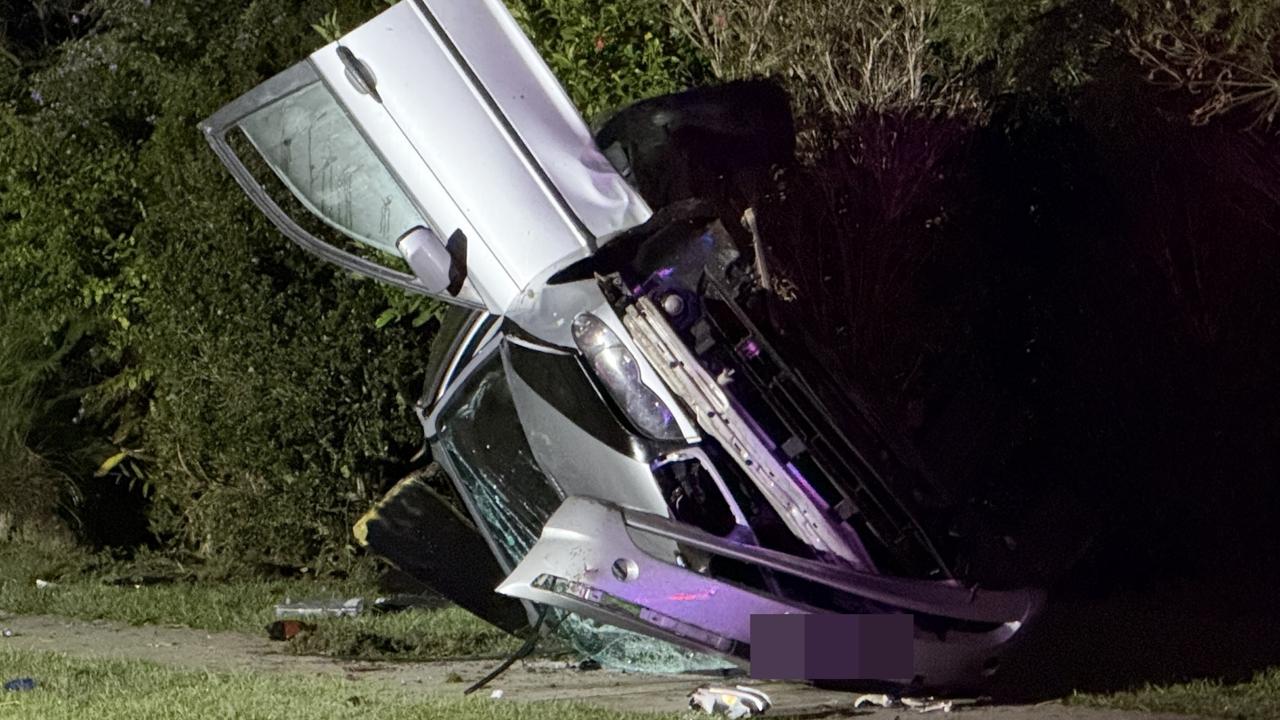Tostee: Psychiatric report described Gable Tostee as “partially disabled person”
A DECADE ago when Gable Tostee was sentenced in relation to a fake ID racket, a psychiatrist and a medical doctor provided the court an assessment of his mental competence.
QLD News
Don't miss out on the headlines from QLD News. Followed categories will be added to My News.
IN 2006, when Tostee was sentenced for being the “mastermind” of a fake ID racket, a psychiatrist and a medical doctor each provided to the court an assessment of his mental competence.
What they said goes some way to explaining a man who documented his sexual conquests, who didn’t show the door to a drunk and erratic girl, who fled when she fell from his balcony, calling his dad instead of police.
Dr Ian Curtis, in his psychiatric report, described Tostee as a “partially disabled person” who in all probability suffers from Asperger’s syndrome.
UNTOLD STORY: Don’t miss Kate Kyriacou’s 12-page report in The Courier-Mail on Friday
“Tostee presented as a socially distant, emotionally estranged person with whom it was impossible to establish a clear-cut rapport,” the court was told.
“Dr Curtis noted that Tostee had no regular social life and was not equipped to deal in a discriminating manner with people whom he met socially.”

To make his mental state even more complicated, Tostee, Dr Curtis said, also suffered from Obsessive Compulsive Disorder. His OCD included “magical rituals” — a term often associated with people who believed that thinking something bad could cause it to happen.
The rituals were usually time consuming and debilitating, people who suffered from this condition might typically avoid stepping on cracks in the footpath, they might associate certain days with good luck or bad luck. They might believe thinking about a car crash could cause it to happen.
“He has one major island of ability,” the court heard, “which involves drafting and artistic skills.”

Dr Curtis concluded Tostee, who was not convicted for the offence, was a “disabled person whose social disability is massively disabling”.
“He is at a huge disadvantage in the normal social world.
“That has included all of his schooling where he has been marginalised and disaffiliated.
“It includes his present and future life as an adult where he is going to require people of good will to surround him and advise him, and to employ him if he is going to have any chance at all of leading a productive life.”
He was not psychotic, but he wasn’t able to connect with people emotionally.
“Dr Curtis … did identify a primitive magical obsessive content and a tendency to be severely introverted and fantasy ridden so as to be relatively divorced from the knowledge of the consensus of realities that govern the lives of normal people,” the court was told.
Tostee, the psychiatrist said, would need ongoing help.

The medical report provided more of the same. Dr Derek Matthew had seen Tostee on many occasions between 2001 and 2006.
“Consultations are described as invariably remarkable in their intensity in respect of the need for lengthy explanations to reassure the patient,” the court heard.
“Dr Matthew concedes that he is frequently not sure what plane Tostee is thinking on and that there is an abstract quality at times in his communication.
“(He) states that … from an early age it has been observed that Tostee has above average intellect but at the same time is handicapped by behavioural problems that come partly under the umbrella of Asperger’s syndrome with very marked obsessional compulsive and anxiety features.”
They’d been worried what sort of adult he’d become. Would he be able to hold down a job, make friends? Would others take advantage of his naivety?
Years later, a jury would pay attention to the words he’d say, to his emotional reactions to the death of a girl he’d just watched fall from his balcony, a girl whose scream he’d heard as she plummeted to her death.
They’d wonder why, instead of being concerned for her, he’d ask: “Why? Why does this s … happen to me?”


